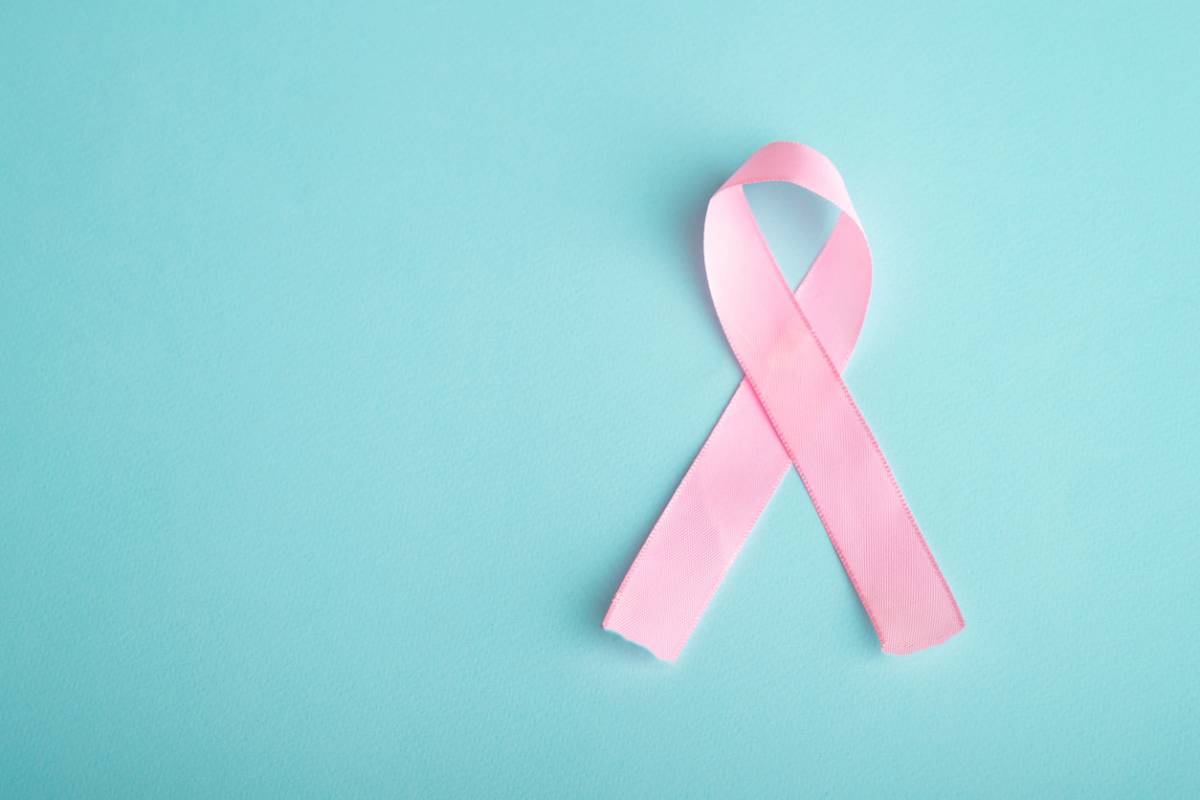For many, the risks of cancer are hereditary. But many factors throughout one’s life can also contribute to a higher risk of breast cancer, especially in those who are aging or battling with their health. One thing your breast cancer specialist in Austin wants you to know is that even if you have a high risk of getting cancer, that does not guarantee that you will get it. There are many steps you can take to prevent the further development of risk.
Factors for Higher Breast Cancer Risk
Today, Breast Institute Austin will highlight some of the major factors for higher breast cancer risk that we have monitored in our patients. Some risk factors can be reversed or reduced, while others may be permanent. Get in touch with your doctor to find out how you can get the best care.
Flexible Risk Factors
There are several factors that may currently show up as risks for those who aren’t taking an active role in protecting their health. Reproductive history, for example, may increase risk in younger folks who have gotten pregnant after the age of 30. Avoiding pregnancy as you age is a great way to keep cancer risks low.
Similarly, living a sedentary lifestyle and taking medications as an alternative to exercise can put you at a huge risk for breast cancer. If the choices you make are healthy, you can keep many of these risks at bay. Otherwise, terrible habits such as drinking and smoking can only make matters worse. These are all factors you can choose to change in order to help reduce the risk of breast cancer altogether.
Inflexible Risk Factors
Unfortunately, there are also several risk factors that cannot be avoided or reduced. It is very important to be aware of these big risk factors so you can sign up for consistent testing and monitoring by your doctor. Remember, these risks aren’t a guarantee that you will get cancer, but they should be taken very seriously.
Unchangeable risk factors include:
- Dense breast tissue, which makes it difficult to detect cancer through a mammogram.
- Personal history of breast cancer or other breast problems, including atypical hyperplasia or lobular carcinoma.
- Aging, which is a sign of getting older, requires frequent doctor’s visits in order to stay in good health.
- Family history of breast cancer, especially through one of your parents.
- Exposure to radiation therapy or diethylstilbestrol, which is a drug that was administered to pregnant women in the 50s and 60s and carries the risk of cancer.
If you are worried that you may have a higher-than-average risk of developing breast cancer, you should get in touch with your specialist right away. It is also possible that you carry the risk of other cancers, such as ovarian cancer or uterine cancer.
Breast Cancer Prevention Methods
It is easy to reduce your risk at home by investing in healthy activities every day. For example, carve some time out of your busy schedule to go for a walk or engage in physical exercise to keep your body moving. This can also help you to maintain a healthy weight. And keeping off excess pockets of fat that could lower risk of the development of cancer in the breasts.
Did you know that breastfeeding can prevent the risk of cancer? If you are pregnant or have recently given birth, consider breastfeeding your child for as long as you can. If you have reached the age of menopause, try not to invest in hormone therapy as that can greatly increase your risk.
Get in Touch with Your Breast Cancer Specialist Now
At the Breast Institute of Austin, we want to equip you with the best tools and resources for preventing breast cancer and combatting high risks. Do you find yourself worried about yourself or a loved one who may be dealing with increased breast cancer risks? Get in touch with us immediately to schedule a personal consultation.

